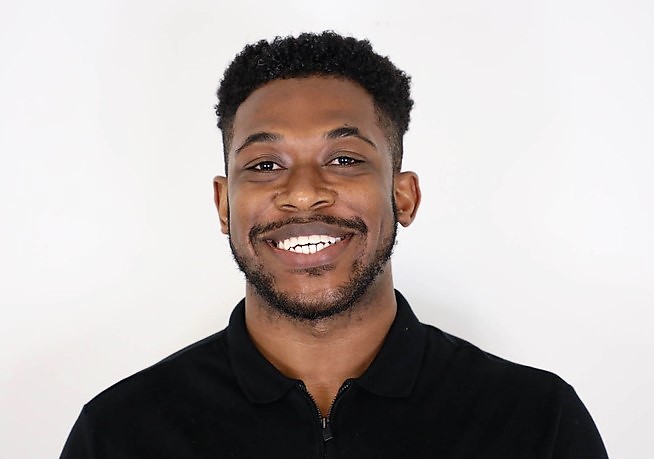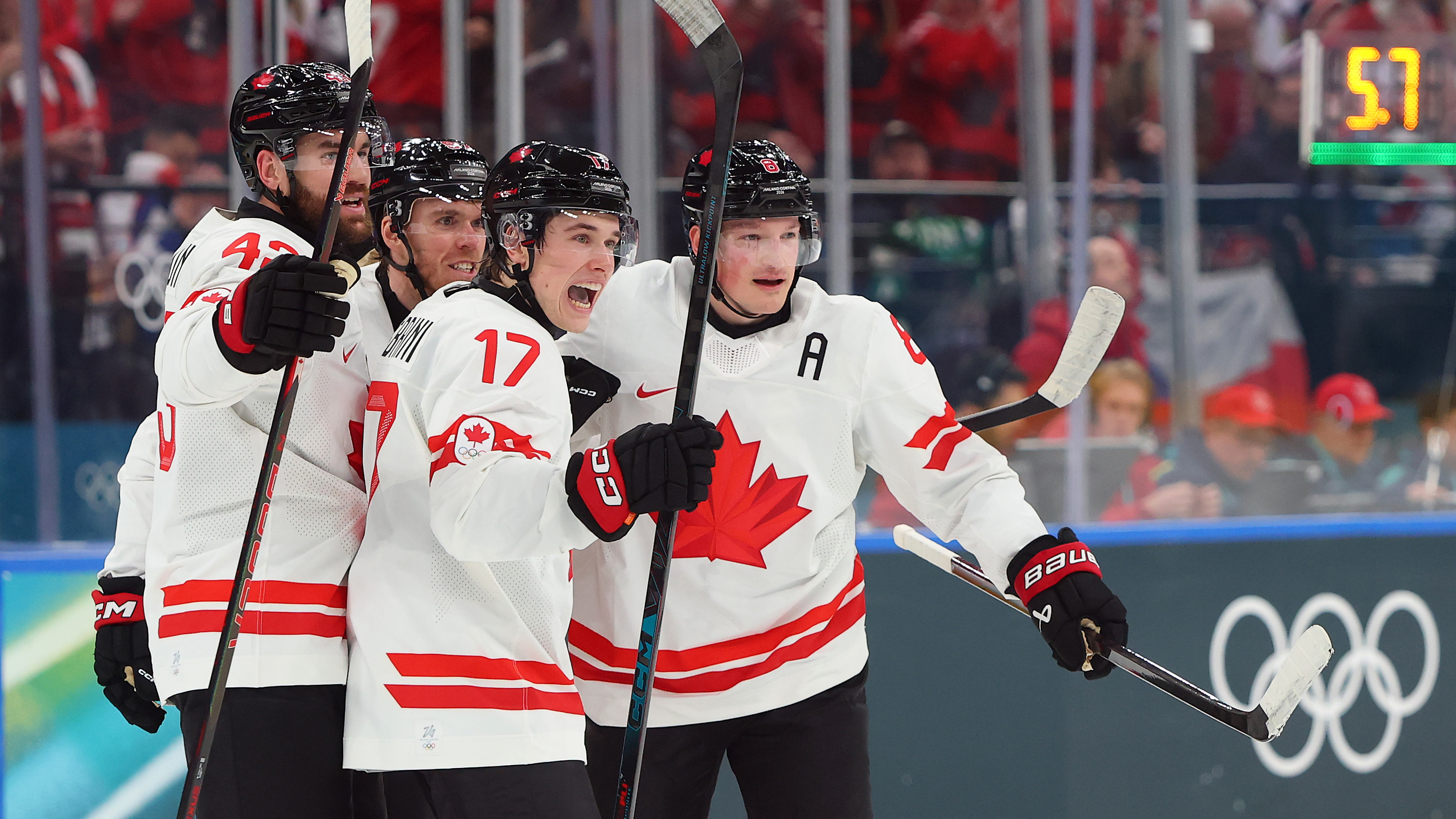Fact vs Fiction: Winning Time season 2 episode 2 — Magic Johnson and Norm Nixon's feud
Plus, what happened to the Lakers in the 1981 NBA playoffs?
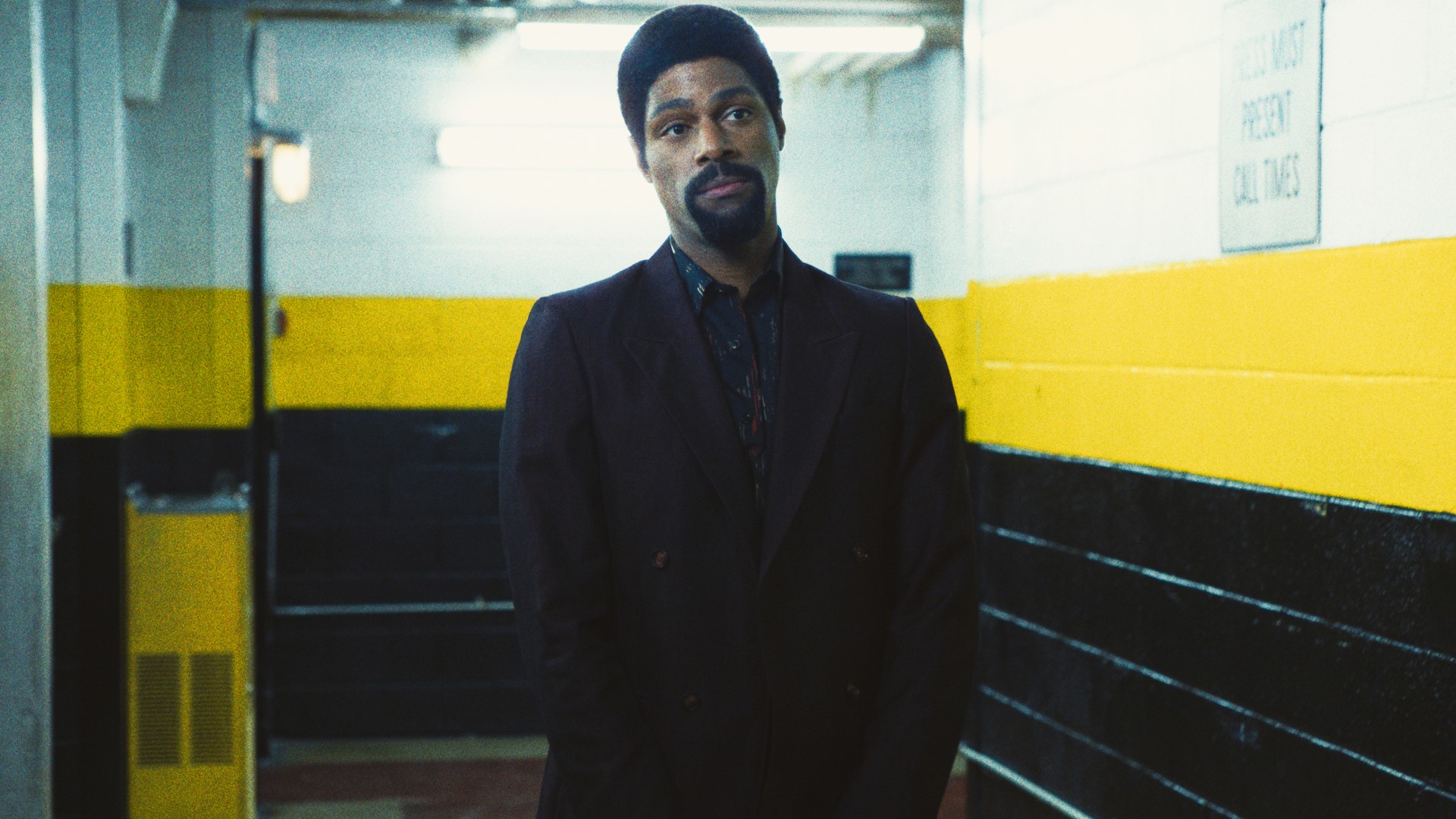
The latest updates, reviews and unmissable series to watch and more!
You are now subscribed
Your newsletter sign-up was successful
Want to add more newsletters?

ONCE A WEEK
What to Watch
Get all the latest TV news and movie reviews, streaming recommendations and exclusive interviews sent directly to your inbox each week in a newsletter put together by our experts just for you.

ONCE A WEEK
What to Watch Soapbox
Sign up to our new soap newsletter to get all the latest news, spoilers and gossip from the biggest US soaps sent straight to your inbox… so you never miss a moment of the drama!
NOTE: this post contains spoilers for Winning Time season 2 episode 2, "The Magic Is Back."
Returning from his injury shown in Winning Time season 2 episode 1, Magic Johnson (Quincy Isaiah) is back on the court, but the Lakers are practically a different team. Between his anxiety about playing again and the mounting tensions between him and Norm Nixon (DeVaughn Nixon), the 1980 NBA champions aren't in a great position to repeat. Ultimately, they wound up losing in the first round of the 1981 NBA playoffs to the Houston Rockets.
However, what's fact and what’s fiction in this dramatization of the Showtime Lakers? Here's what we found out as it pertains to Winning Time season 2 episode 2.
Was there a feud between Magic Johnson and Norm Nixon?
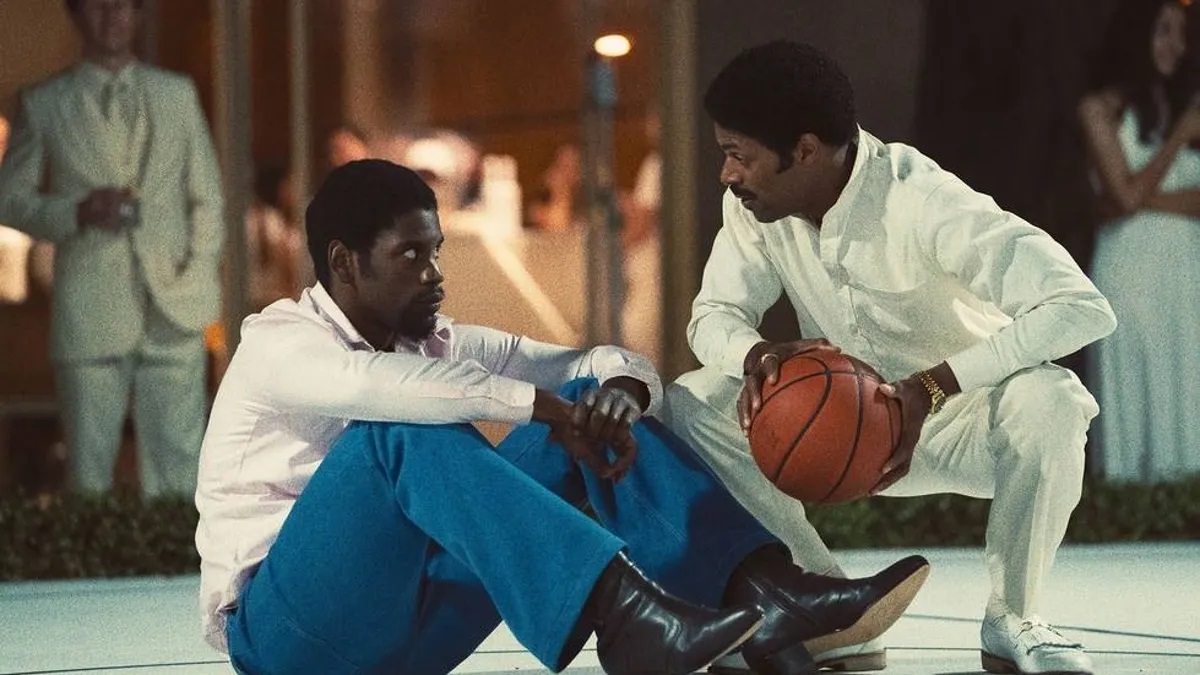
The fiction
There was plenty of fanfare when Magic finally returned to the team. Jerry Buss (John C. Reilly) was thrilled, the press was fawning over the young guard and fans couldn't contain their excitement. The only people not outwardly happy to see Magic back were his teammates, especially Nixon. Magic's return meant the team had to make room for him in Paul Westhead's (Jason Segel) new offense led by Nixon. Given what the team experienced with Magic in practice, that notion wasn't looking good.
Adding to this, all the attention Magic was receiving was aggravating to Nixon and some other Lakers who felt underappreciated. The situation was only made worse with Nixon and Magic swiping at each other in the news media. Nixon even went on record to state, "15 years from now, everyone will have forgotten Magic."
Just when viewers thought the two would finally hash things out under the direction of Kareem Abdul-Jabbar (Solomon Hughes) and Michael Cooper (Delante Desouza), the truce comes to an end when Nixon overhears Westhead and Pat Riley (Adrien Brody) talking about Magic wanting Nixon traded for David Thompson.
The fact
Magic stated in his autobiography, My Life, that during his rookie year in the NBA Nixon had taken him under his wing. Magic further emphasizes they were friends and prior to his injury, the two of them playing together as staring guards had worked fine. However, once the team had to readjust to play without the superstar, Magic alleged in his book, "When it became Norm's show again, he felt he wasn't getting the respect he deserved… Norm missed being the main man, the way he'd been before I came along."
The latest updates, reviews and unmissable series to watch and more!
According to Sports Illustrated, Nixon did make some comments about Magic's "lasting impact on the game" that Magic took as disparaging. Then again referring to Magic's autobiography, Nixon made some other jabs in the press that prompted Magic to respond. As the latter put it:
"I should have let it go. But during the playoffs I told Rich Levin of the Herald-Examiner that some of my teammates were ungrateful, that they were jealous of my commercial endorsements. Maybe it was true, but that doesn't mean I was right to say it."
After the Lakers' early exit in the playoffs, owner Jerry Buss asked Magic if he and Nixon could fix their problems or should the Lakers consider a trade. Magic was adamant he and his teammate could work it out and just needed to talk — which they did. The duo was able to resolve their problems.
Also, according to The New York Times, the Lakers did have discussions about trading for David Thompson, but there were never any offers made. Additionally, these discussions seem to have taken place early on when Magic was absent due to his injury, not once he returned.
What happened to the Lakers in the 1981 NBA playoffs?
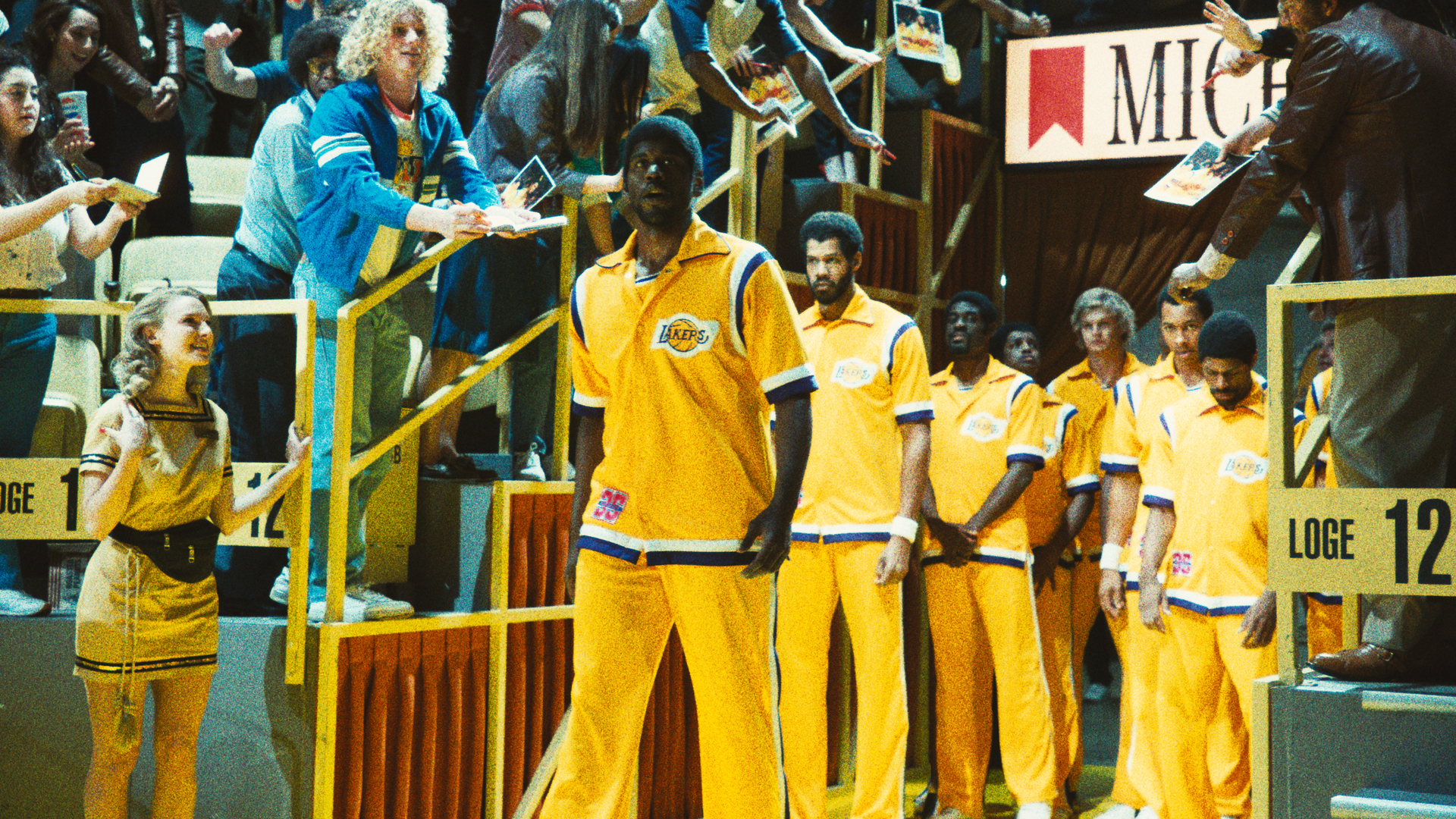
The fiction
The Lakers went into the first round of the 1981 NBA playoffs as a favorite against the Houston Rockets. Even though the Lakers' chemistry was off, they were expected to beat the Rockets in a three-game series. The Lakers were shocked when they lost the first game at home, but were ultimately relieved to win game 2.
In the final moments of a close game 3, Westhead tells Magic in a huddle to get to the ball to Abdul-Jabbar or other options, Magic wasn't to play "hero ball." As the Lakers come out of the huddle however, Riley tells Magic he's "the guy," seemingly signaling to Magic to take the shot — which Magic did. He hoisted up an air ball and the Lakers lost.
The fact
Even as the "underdogs" in the first-round matchup against the Lakers, the Houston Rockets had one very big advantage in the name of Moses Malone (who went on to be a Hall of Famer). Referring to Basketball-Reference, Malone averaged 27.8 points and 14.8 rebounds per game in the 1980-1981 season.
As Magic mentioned in his autobiography, "Moses Malone was at his peak, and he just destroyed Kareem on the boards." So while the Lakers' chemistry going into the playoffs was certainly troubled, the Houston Rockets had a very dominant player helping them win that series.
Now as far as the infamous airball shown in Winning Time, Magic described the final seconds of the game by saying in his book:
"With about 15 seconds left, Houston was ahead by one. I brought the ball down-court. As you would expect, the play was designed to get the ball to Kareem. But I couldn't find an opening, so I started driving to the hoop. Then I ran into Malone. I put up a shot that could have won the game. It missed. Completely. Airball. Malone caught it, Houston scored, and we lost by three."
Winning Time season 2 airs new episodes live on HBO at 9 pm ET/PT. Season 2 episodes are also available to stream on Max.
Terrell Smith has a diverse writing background having penned material for a wide array of clients including the federal government and Bravo television personalities. When he’s not writing as Terrell, he’s writing under his pseudonym Tavion Scott, creating scripts for his audio drama podcasts. Terrell is a huge fan of great storytelling when it comes to television and film. Some of his favorite shows include Abbot Elementary, Matlock, The Lincoln Lawyer, Survival of the Thickest, The Pitt and Godfather of Harlem. And a fun fact is he's completely dialed into Bravo Universe and The Young and the Restless (thanks to his grandmother).
